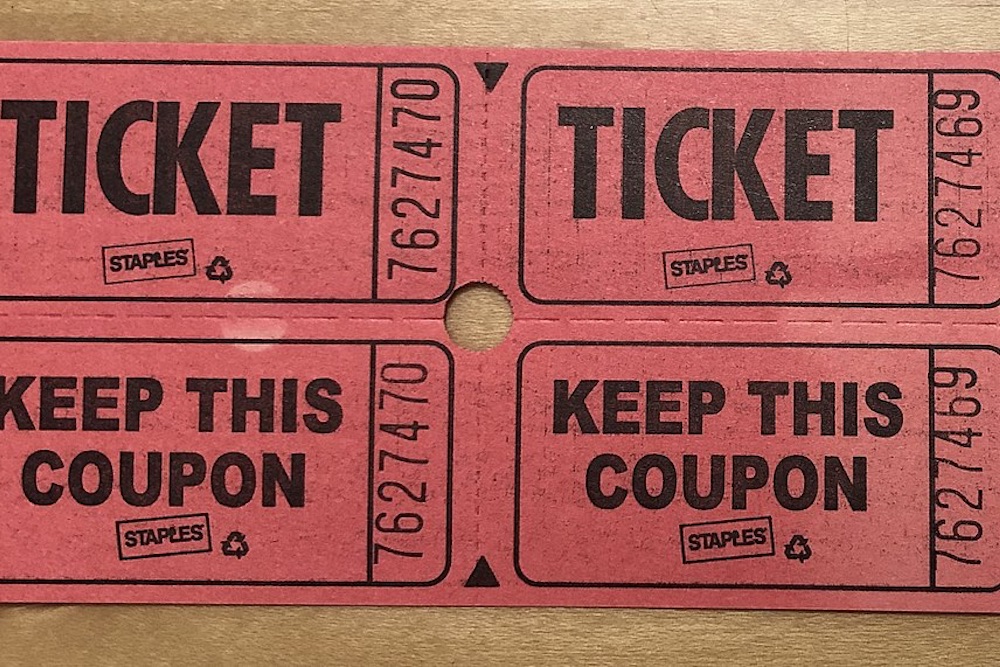Raffles seem like an easy and fun way to raise funds and attract participants to your fundraising event, but they can be more complicated than you might imagine. Because raffles fall under gambling laws, you will need to carefully follow some rules. Here are some tips to think about when deciding if you should hold a raffle as part of your next event.
Check the laws in your state
Many states have specific regulations for nonprofits holding raffles. For example, in California, nonprofits are allowed to hold raffles if at least 90 percent of the gross receipts from these raffles go directly to beneficial or charitable purposes. In addition, there is a requirement to file paperwork with the state. This includes registering your raffle ahead of time and also filing a disclosure report. You can find an overview of the rules and links to the required forms on the Attorney General of California’s website.
Check the IRS rules
Only qualified non-profit groups are eligible to conduct fundraising raffles. If you are a registered 501(c)(3) you are eligible, but if you are a different type of organization, you should make sure you qualify. If you are not sure what type of tax-exempt status your organization has, refer to your original exemption letter from the IRS which will list it. This IRS publication outlines the rules in detail.
Be careful about selling raffle tickets online
Many states have strict rules about holding raffles online. For example, in California, a raffle cannot be conducted in any manner over the internet, meaning you cannot sell, trade, or redeem tickets online.
Consider an “opportunity drawing” instead
If you still want to give away prizes in order to attract people to your fundraiser, but don’t want to go through the process of registering your raffle, consider an opportunity drawing instead of a raffle. In California, registration is not required if all tickets for a drawing are free. The opportunity must truly be free–you cannot require a donation in exchange for an opportunity, and solicitations for donations cannot be connected to the distribution of tickets. Make sure to include an explicit statement in your materials saying that a donation is not required to win. You can find more information on holding opportunity drawings in California here.
Pay attention to the value of your prizes
Whether you are holding a raffle or an opportunity drawing, there may be tax implications if any prize is worth more than $600. If you do have a reportable prize, this means you must collect certain information from the winner, file a form with the IRS, and provide a copy of the form to the winner. For prizes worth more than $5,000 there are more stringent rules. Check out the specific rules on the IRS site here. You should also look into the tax implications for prizes in your particular state.
What’s the bottom line?
If you want to avoid any paperwork, consider an opportunity drawing with prizes worth less than $600. If that doesn’t fit the bill, don’t despair. While these rules may seem intimidating at first glance, remember that nonprofits do raffles all the time, so with a little time and effort, you can too!
Photo Credit: Wikipedia
